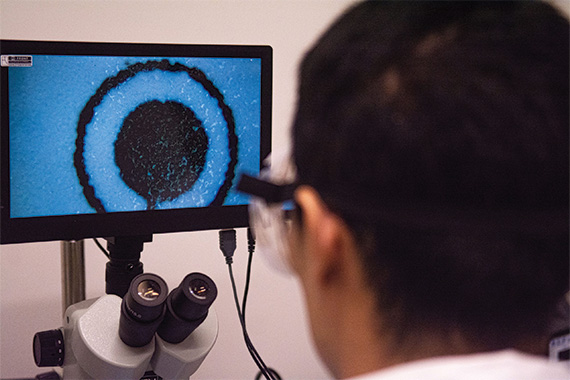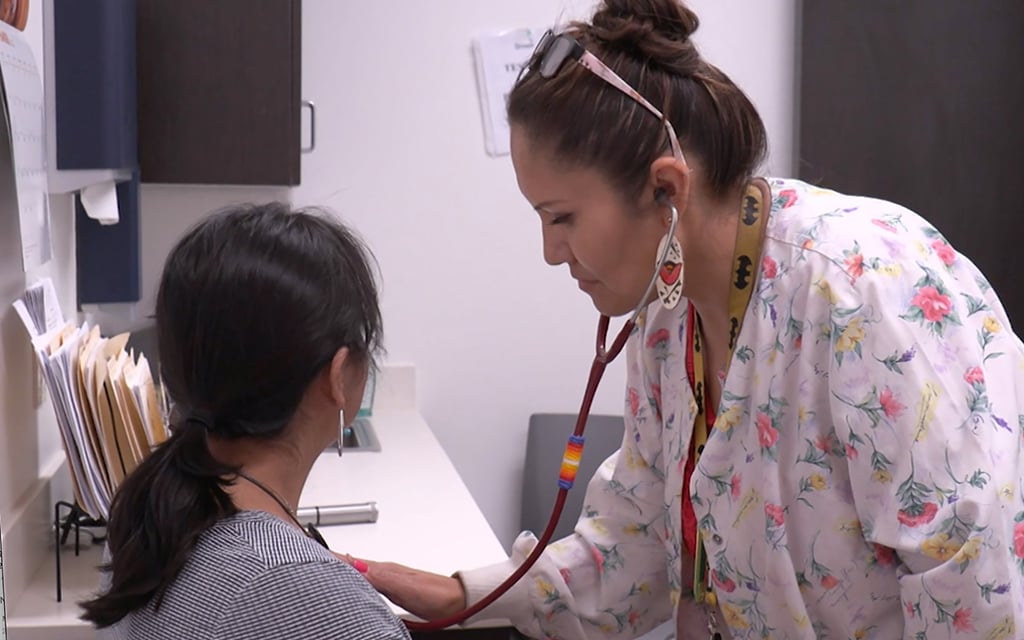In a bid to enhance safety during nights out, a groundbreaking California law, AB1013, will mandate bars and nightclubs in the state to provide kits detecting the presence of date-rape drugs. AB1013, signed into law last October, encourages the sale of drug-detection kits, including strips, stickers, straws, and other devices capable of swiftly identifying substances like Rohypnol, ketamine, or GHB – commonly known as “roofies.” Assemblymember Josh Lowenthal, the bill’s proponent, emphasizes the need for increased safety, particularly for women and LGBTQ communities, stating that the prevalence of date-rape drugs is a “crisis.”

Protective Measures Against Date-Rape Drugs Spearheaded by AB1013
AB1013, introduced by Assemblymember Josh Lowenthal from Long Beach, aims to tackle the pervasive issue of date-rape drugs in California’s nightlife establishments. The law, effective from July 1, requires holders of Type 48 liquor licenses (applicable to bars and nightclubs) to offer date-rape drug detection kits for purchase. The kits should be reasonably priced, and establishments have the option to provide the testing devices to customers free of charge. Additionally, bars must prominently display scripted notices about the availability of these kits to raise awareness among patrons.
The urgency behind AB1013 is underscored by personal experiences shared by lawmakers. Lowenthal and others highlight the prevalence of individuals being unknowingly exposed to date-rape drugs, describing it as a crisis. By focusing on establishments with Type 48 licenses, the legislation strategically targets venues where patrons, aged 21 and above, predominantly engage in social drinking, fostering an environment where individuals can feel safer during their night out.
While AB1013 provides a powerful deterrent against potential predators, it explicitly states that violating the law is not a criminal offense. The legislation’s intent is to encourage voluntary compliance by bar and nightclub owners rather than relying on punitive measures. By fostering awareness, promoting accessibility to drug-detection tools, and placing responsibility on establishments, the law seeks to create a safer environment for patrons.
READ ALSO: Decoding Dementia: Recognizing Warning Signs and Taking Action
The Impact and Limitations of AB1013
Scheduled to expire on January 1, 2027, unless extended, AB1013 prioritizes awareness, prevention, and cooperation over punitive actions. The law’s intentional non-criminal status reinforces its emphasis on fostering a culture of safety.
While enforcement may be challenging, the legislation seeks to influence establishments to proactively adopt safety measures, thereby addressing the pervasive issue of date-rape drugs in California’s nightlife.
READ ALSO: NanoString Achieves Groundbreaking Single-Cell Whole Transcriptome Imaging with CosMx SMI




